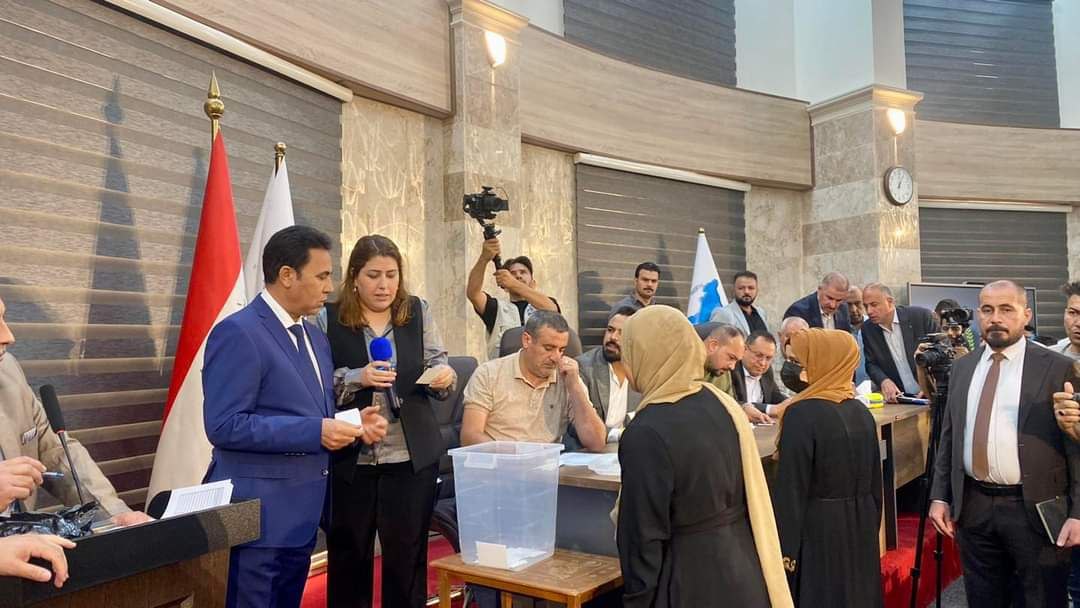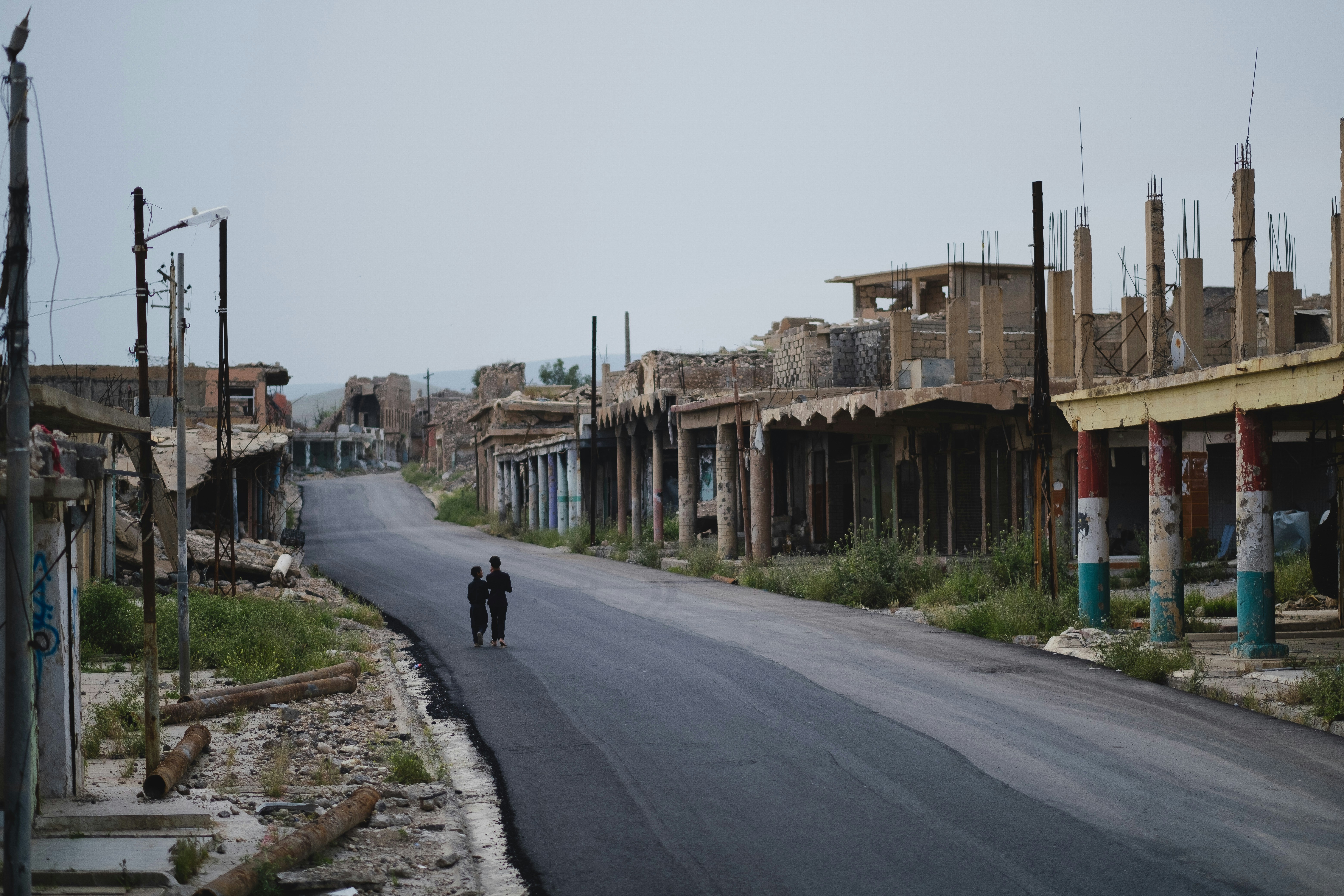The Iraqi federal government has distributed residential land to hundreds of women survivors of the Islamic State of Iraq and Syria ISIS and planning to give them loans to build houses.
The first phase of the distribution of residential land, held on May 29, covered 262 survivors, including Ezidis (Yazidi) and Turkmen, within the framework of the Women Survivors Law, which the Directorate of Survivors Affairs supervised.
“After a long wait, I was happy to receive a piece of residential land because now three families live in one house which is small for us,” said Bafrin Shivan Ammo.
She plans to build a house once she receives the cash loan.
Ammo, 26, receives a monthly salary under the Women Survivors Law after being kidnapped by the extremist militants of ISIS fighters along with her family members in 2014 yet rescued after two years.
Ammo lives with her family in the center of Sinjar and is married. Tthree of her brothers are missing.
“Only my sister and I received land and we hope that others will benefit from this right as soon as possible,” she said.
To be covered by the compensation, the Ezidi survivor must be officially registered as a survivor of IS in one of the courts of Iraq, the Iraqi Kurdistan Region IKR, and the Office for the Rescue of Kidnapped Ezidis, affiliated with the Kurdistan Regional Government KRG.
Statistics obtained by the KirkukNow showed that about 1,600 survivors of the Yazidi, Turkmen, Shabak, and Christian components will be covered the compensation stipulated by the law.
The Ezidi Women Survivors Law was approved by the Iraqi Parliament on March 1, 2021. It includes granting groups covered by the provisions of this law a residential plot of land or a housing unit for free, in addition to opening centers for providing psychological support to female survivors and educational opportunities for survivors who were forced to drop school due to the war against ISIS which took thousands as hostages.
According to the law, a monthly salary of twice the lowest pension f will be paid for surviving women and girls - the lowest pension in Iraq is 500,000 Iraqi dinars IQD - meaning that each survivor will receive a monthly salary of one million Iraqi Dinars IQD (USD650).
The law includes not only Ezidis but all survivors of Turkmens, Christians, and Shabak communities, who were enslaved by ISIS – Daesh - and liberated from captivity or survived the mass killing campaigns. It also includes all children under the age of eighteen of both sexes.

The Iraqi government has allocated 250 plots of land for Ezidi survivors in Shingal in this phase and the rest for Tala'afar District, home to the majority Shiite Turkmen.
Shahab Ahmad, director of the Sinjar branch of the survivors' affairs office, told KirkukNow that those whose applications were admitted earlier will be given lands.
IS militants took control of the city of Mosul, the center of Nineveh province, and large swathes of Iraq on June 10, 2014, and on August 3 of the same year they attacked Shingal.
IS has kidnapped 6,417 Ezidis, of whom more than 3,500 have been rescued, according to statistics previously published by KirkukNow. There are more than 1,300 Turkmen abductees, especially in the district of Tala'afar, of whom only 48 have been released, and 62 Christians went missing during the IS era, but no statistics are available on Shabak abductees.
"The land in Shingal was only for the Yazidis, those in Tala'afar include other communities, the land is 200 square meters and not in a specific place, each survivor after completing the application at the municipality will get the land,” Ahmad said.
According to statistics published earlier by the KirkukNow, out of a total of 1,300 kidnapped Turkmen, most of them from the Tal Afar district, only 48 of them were freed, and 62 Christians went missing during the rule of ISIS, but there are no statistics regarding the kidnapped members of the Shabak community.
There are attempts to amend the Ezidi Women Survivors Law, which includes several articles and other paragraphs related to compensation, to expand the circle of those covered by the law in Iraq.





